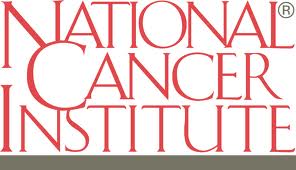Can brain training reduce cancer risk?
 Penn Researchers Receive Major Grant to Explore Use of Brain Training To Help People Change Behaviors that Increase Cancer Risk (press release):
Penn Researchers Receive Major Grant to Explore Use of Brain Training To Help People Change Behaviors that Increase Cancer Risk (press release):
“Most people know that smoking, a bad diet, and physical inactivity can lead to catastrophic personal health consequences, including cancer. Yet millions continue to smoke, eat poorly, and fail to get enough exercise. A new project led by researchers from the Perelman School of Medicine and the School of Arts and Sciences at the University of Pennsylvania aims to devise programs that help them change these risky behaviors and cut their risk of cancer…Caryn Lerman, PhD and Joseph Kable, PhD have been awarded a $4.9 million grant through the National Cancer Institute initiative called “Provocative Questions,” which will allow them to study how the brain’s cognitive control system can be enhanced to improve decision-making processes that contribute to risky behaviors…The study’s authors aim to show if taking part in the neurocognitive training results in better decision-making and behaviors on the part of participants. Will they, for instance, forego the short-term, risky reward of smoking a cigarette or eating a fast food meal, or use their newfound brain training to make decisions that pave the way to better long-term health?”
To Learn More:


